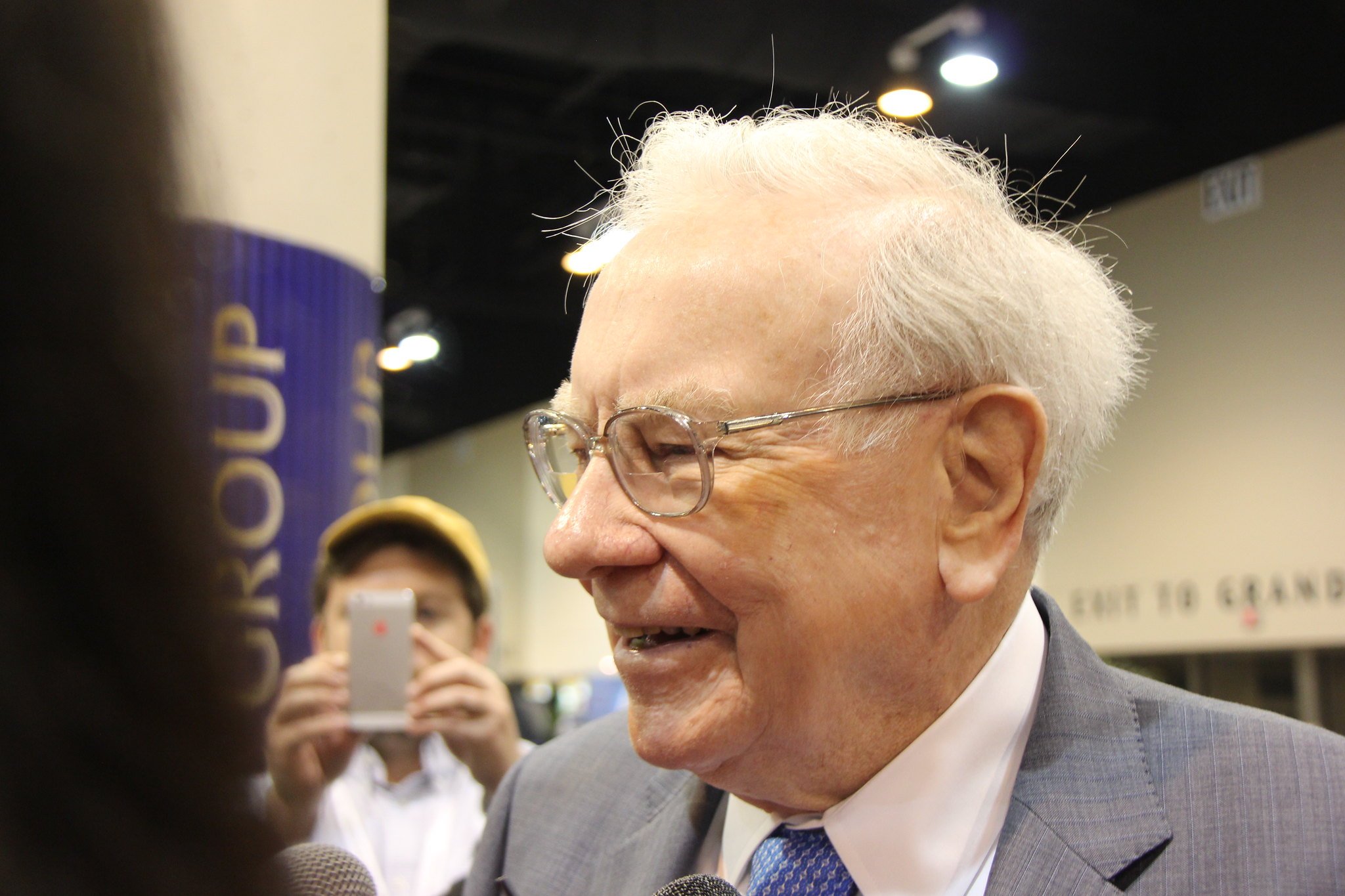
"The banking business is no favorite of ours. When assets are twenty times equity -- a common ratio in this industry -- mistakes that involve only a small portion of assets can destroy a major portion of equity."
- Warren Buffett
Of all Berkshire Hathaway's (NYSE: BRK-A) (NYSE: BRK-B) investments, its massive holdings of banks stocks are the most peculiar.
"The banking business is no favorite of ours," Warren Buffett wrote in 1991. Yet, fast forward to today and no less than four out of Berkshire's 10 biggest holdings are just that: banks.
What explains the about-face?
The answer is that while the vast majority of banks should indeed be avoided, a select few have proven themselves over time and multiple credit cycles to offer riches well beyond that of the average stock.
Buffett's banking aversion
If one were to visualize the banking industry, it's tempting to think of it as a lopsided barbell.
On one end are a large number of poorly managed lenders that seem to always fall prey to the ups and downs of the credit and interest rate cycles. On the other, meanwhile, are a select few with the discipline to restrain themselves during the best of times and the fortitude to expand when times are tough.
Of course, this isn't wholly unlike any other industry. Technology companies invest more when the economy is roaring, as do car companies, and retailers.
But the difference is that banks are uniquely susceptible to failure when the tide turns. You can see this in the chart below which illustrates bank closures since the Federal Deposit Insurance Corporation was founded during the Great Depression.

As you can see, a severe economic downturn doesn't just temporarily impact irresponsible lenders; it wipes them out.
Why banks are so susceptible to failure
The explanation for this is precisely what Buffett was referring to when he wrote, "When assets are twenty times equity -- a common ratio in this industry -- mistakes that involve only a small portion of assets can destroy a major portion of equity."
Take Bank of America (BAC +0.29%) as an example -- which, it's worth pointing out, counts Berkshire as its largest shareholder.
The Charlotte, N.C.-based lender holds $2.2 trillion in assets on its balance sheet. Meanwhile its equity comes in at a mere $232 billion. Consequently, only 10% of its assets would have to default for the bank to be rendered completely insolvent.
And if you wanted to be more precise, the margin for error at most banks is even slimmer when you consider that many would be deemed "undercapitalized" by regulators, and thus susceptible to seizure, after losing only a smaller sliver of capital.
The peculiar problem with banks -- which Buffett most certainly recognizes given the similarities that banks share with insurance companies -- is that it's easy for a lender to increase revenue. All one must do is to make more loans, as there are few people and businesses that would turn down a loan if the price (i.e., the interest rate) were right.
The challenge in other words is to underwrite only good loans and to run an efficient operation, as doing both maximizes the portion of a bank's revenue that makes its way to the bottom line.
Buffett's banking experience
Buffett has discussed all of these points throughout the years on multiple occasions.
Throughout the 1970s, when Berkshire Hathaway owned Illinois National Bank and Trust, he repeatedly lavished praise on its executives for outperforming more than 95% of its peers with respect to its charge-off ratio, which measure the percent of loans that go into default.
And upon Berkshire's investment in Wells Fargo, he commended its then-leaders for not having a bigger head count than was needed and "attacking costs vigorously when profits are at record levels as when they are under pressure."
The point here is that too many banks lose sight of the fact their objective is not to maximize short-term revenue, but rather to maximize profit over the long-run. And in order to do the latter, moreover, one must be careful to avoid placing undue emphasis on the former.
For investors, this is a valuable lesson. Bank stocks aren't like beer, where a cheap imitation can get the job done. They are instead like fine scotch in that there's no reason, outside of sheer desperation perhaps, to drink it unless it's the best.








